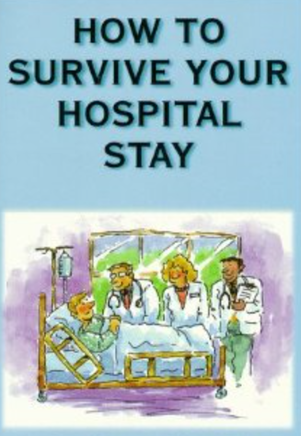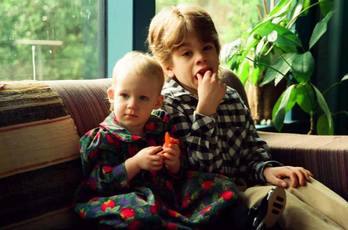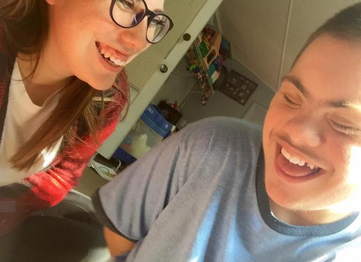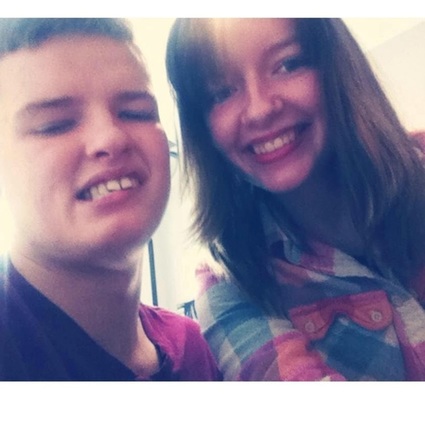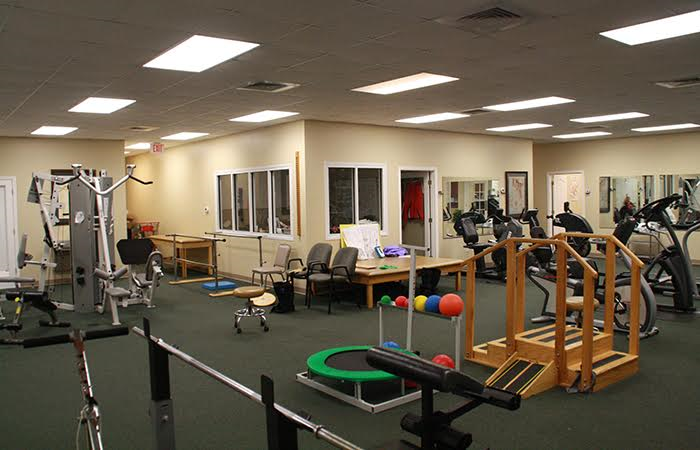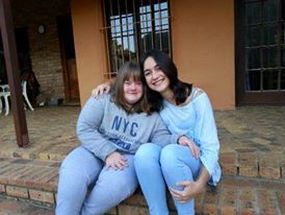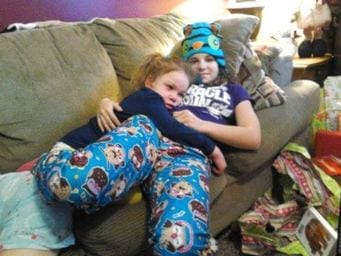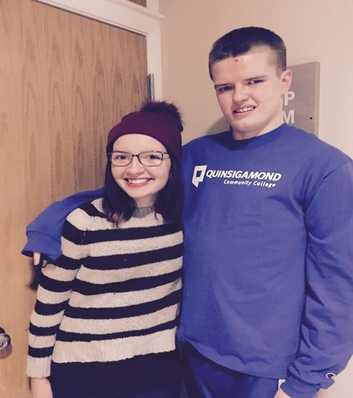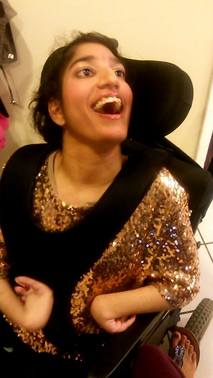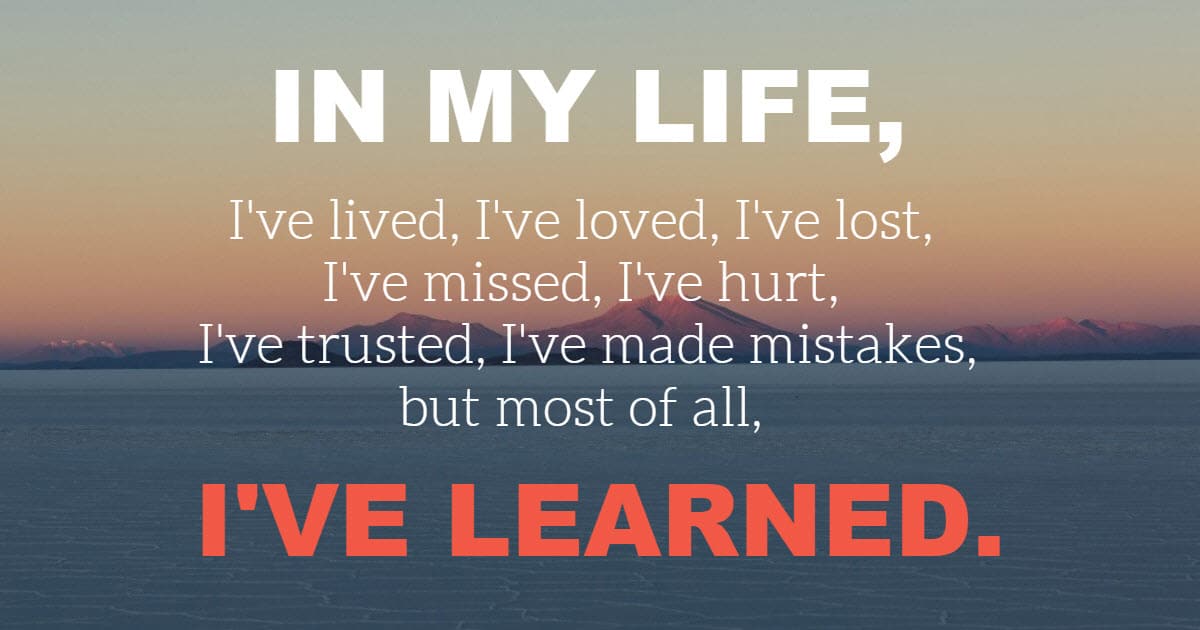Story and Testimonial Column: Cerebral Palsy
Siblings with a Mission serves siblings of individuals with cerebral palsy. Through articles posted on our website, we provide support and stories to siblings of all ages and backgrounds. We also connect siblings to other members through video conversations, sibling workshops, and Connections.
We strongly encourage siblings and families to share their story! The more stories we collect, the more support we can provide to other siblings who are going through similar experiences. If you would like to share your story, please follow one of the steps below:
1. Send us an email or contact us on Facebook. You can also contact us here
2. Tell a support group leader through email or during a video session
Below are stories and testimonials from members. We hope these stories are resourceful!
Siblings with a Mission serves siblings of individuals with cerebral palsy. Through articles posted on our website, we provide support and stories to siblings of all ages and backgrounds. We also connect siblings to other members through video conversations, sibling workshops, and Connections.
We strongly encourage siblings and families to share their story! The more stories we collect, the more support we can provide to other siblings who are going through similar experiences. If you would like to share your story, please follow one of the steps below:
1. Send us an email or contact us on Facebook. You can also contact us here
2. Tell a support group leader through email or during a video session
Below are stories and testimonials from members. We hope these stories are resourceful!
Story Column:
|
"How to Stay Connected With Your Sibling,"
by Bethany Light Do you live far from your sibling? Are you going away to college? Do you want to stay in touch with your sibling but you don't know how? Bethany Light, a Chairman of the Bipolar Disorder Group, explains several ways how you can stay connected with your sibling. Read the article here. "When You're Dating and You Have a Sibling with Special Needs," by Staci Lawson Do you have a boyfriend or girlfriend? Are you worried about introducing him or her to your sibling? Staci Lawson, a Chairman of the ASD Group, offers her advice and 4 steps to fun and success. Read her story here. "5 Tips for Dealing with Hospital Stays," by Kathryn Malnight Is your sibling in the hospital? What should you do? Here are 5 tips to remember: 1) Focus on Other Things 2) Keep a Conversation Going 3) Talk to Your Teachers 4) Don't Isolate Yourself 5) Remember that You Matter Too! Read the story here "Growing Up as a Cerebral Palsy Sib" by Julia Lipsit Do you have a brother or sister with cerebral palsy? Do you often feel sad, angry, jealous, frustrated, or guilty? In her story, Julia offers her advice and explains that those feelings are normal. Remember you are not alone. Hang in there, stay strong, and "just keep swimming." Read the story here. "Remembering the Day My Whole World Changed," by Perri Bryan "Everyone was changed in someway that day. My brother had such a large influence on everyone’s life." On September 17, 2007, Perri's brother, Ray, passed away. In her heart-warming story, Perri describes her last few moments with her brother. Read Perri's story here. "Smile Back," by Analia Rodriguez Do you get upset when people stare at your sibling? Do you stare back? Do you walk away? Or do you simply smile? This is a difficult topic, for many siblings. However, good news! We completely understand your situation. In her story, Analia explains what she does when people stare at her brother. Read Analia's helpful story here. "Looking Back in Love," by Analia Rodriguez What do you do when people stare at your sibling? What do you do when people ask why your sibling is "different?" In her story, Analia explains that anger is never the answer. People look at your sibling because they are curious. They want to know more. Instead of getting upset, smile back and explain your sibling's diagnosis. As Analia describes, having a special needs sibling gives you the unique opportunity to understand disability. Be proud of that! Use your experiences to spread awareness of disability and teach others what it's like to live with a special needs sibling. Remember, as a sibling, you are the spokesperson for all those who cannot speak for themselves. So the next time someone stares, don't look back in anger. "Look back in love." "The Separated Inseparable Twins" by Katie McNamara Does your sibling ever become angry or aggressive? Does your sibling live in a residential home or school? If so, read Katie's story. In her story, Katie describes her unconditional love for her brother Brian. Growing up, Katie and her brother were inseparable. However, as Brian became aggressive, Katie's family had to make a difficult decision that many families eventually face: They had to let Brian live in a residential school away from home. As Katie describes, "I felt as if my best friend was taken away from me." Though Katie was sad, she soon realized that Brian was in a safe and supportive environment. The situation helped Katie better understand her brother, as well as herself and her goals. Katie and her brother's separation has ironically brought them closer together, and has helped transform Katie into the kind, understanding, and passionate person she is today. Read Katie's inspirational story here. "An Open Letter to the New Therapist" by Bethany Light Does your sibling have a caregiver or therapist? While caregivers are here to help families and relieve some of the stress, sometimes they end up adding more challenges to the situation. It's not always easy to have a caregiver. In her open letter, Bethany explains the challenges that come with having a new therapist. As Bethany states, "My brother's time is not any less valuable because he is in a wheelchair. So, therapist, I'm at a loss. How can we reach a solution so you can see my brother in a timely manner?" Read how Bethany highlights and manages the challenges to having a new therapist in her letter here. "Forever Joyful," by Louise van den Berg "With a smile as sweet as honey, and a friendliness hard to forget. Her hug is that of a teddy bear, warm and comforting." In her poem, Louise describes what it's like to have a special needs sibling. Read our first ever poem here. "Christmas Morning," by Alexandria Young Christmas morning is different for those in the special needs community. Usually, you wake up at the crack of dawn and go wake up your parents and then go and open presents. However, living with a special needs sibling can come with additional tasks that aren't always easy. As Alexandria explains, "You have to help special needs children through everything. It's hard and you need patience. However, you learn to have a lot of patience when you have a sibling with a disability." Read Alexandria's story here to find out what it's like to spend Christmas with a sibling with special needs. "The Simplicity of a Hopeful Holidays," by Kathryn McNamara While living with a disability can be difficult, it can also teach you invaluable life lessons. Life with special needs can teach you to be more appreciative, and more thankful for the little things in life. As Kathryn explains in her story, the holidays are not about the presents you get. Rather, the holidays are about family and love. "What matters most [is that] I can sit in my living room, enjoy the scenery of my beautiful Christmas tree alongside my mother, and help my twin brother, Brian, understand the holiday and truly participate during the holiday to make his day meaningful for him." Read Kathryn's inspirational story here, and have a happy holidays! "Finding Acceptance," by Hannah Engle What do you do when people stare at your sibling? What do you do when people ask uncomfortable questions? In her story, Hannah explains how important it is for siblings and families to spread awareness and educate others about disabilities. As Hannah states, “Most who don’t live in a household with a sibling with a disability usually don’t understand.” To help individuals with special needs, Hannah proposes a call of action: “As siblings and family members, it’s up to us to spread awareness and promote acceptance for those with disabilities.” Read Hannah’s story here. "Living with Cerebral Palsy: A Sister's Perspective," by Aleeza Shakeel March 25 is National Cerebral Palsy Awareness Day. Cerebral Palsy is a neurological disorder caused by a brain injury or malformation that occurs while a child’s brain is under development. While it can be difficult to live with Cerebral Palsy, Cerebral Palsy does not define one's life. In her story, Aleeza explains what it is like to have a sister with Cerebral Palsy. As Aleeza says, "My sister cannot walk or talk, but instead is rolled around in a wheelchair and make noises as a baby. But you know what, she’s happy! She is essentially the 'ray of sunshine' in the house that has brought our family closer together." Read Aleeza's inspirational story here. Thank you, and Happy National Cerebral Palsy Awareness Day! "7 Life Lessons You Learn When Your Sibling Has a Developmental Disability,"
By Andrea Poteet-Bell Growing up with a sibling with a developmental disability can significantly influence one's life. While there are challenges, there are also many positives that can impact one's life for the better. In this article, Andrea Poteet-Bell describes 7 life lessons that can come from having a sibling with a developmental disability. As Andrea explains, "We are our sibling’s fiercest protector, biggest cheerleader, strongest advocate, and forever best friend. Now isn’t that the definition of a hero?" Read this beautiful and moving story here. |
|
Siblings with a Mission is an international organization established to serve and support siblings of individuals with special needs. All images are found on Google images and are solely used for education purposes. The stories and advice provided by Siblings with a Mission are not to be replaced by professional advice and counseling but to be considered as an additional source of support.


